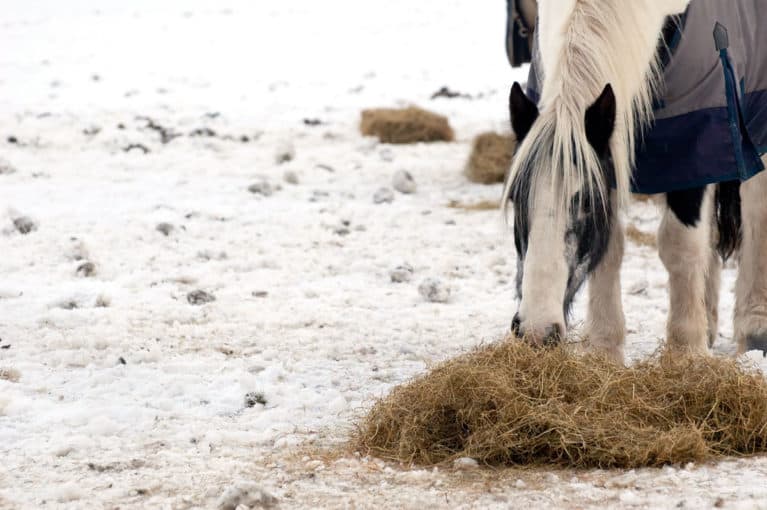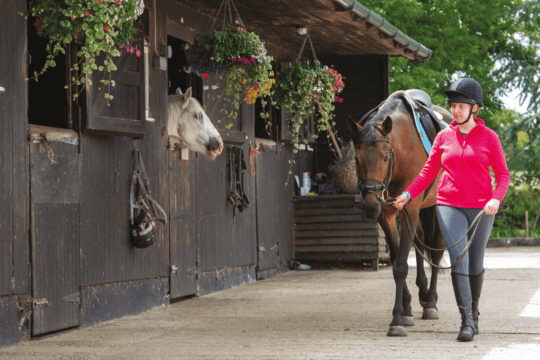Britain has been hit by an unusually big freeze this winter – try these top 10 tips for keeping your horse happy and safe in extreme weather

1. It may seem obvious, but it’s an important one: remember to give your horse constant access to shelter and fresh water that hasn’t frozen over. A ball inside the water trough or bucket – big enough that your horse can’t grasp it with his teeth or swallow it – will prevent water freezing.
2. Avoid frozen taps in your tack room or on the yard by keeping a very, very slow trickle of water running – not so much that it causes a flood(!) but enough that the movement of the water prevents freezing.
3. If it is not possible to stable your horse, be extra vigilant to ensure he is not suffering in snow or ice, and that any areas of frozen water or steep and slippery ditches are fenced off.
4. If you get stuck, remember that welfare officers from charities including the RSPCA, World Horse Welfare, Redwings, The Blue Cross and many others are always on hand 24/7 to help. Give them a call should a situation reach beyond your control.
5. In heavy snowfall, poisonous tree branches can become within reach of horses – one case was reported last year of the tragic death of a horse in Scotland as a result of yew poisoning. Be alert to this unexpected sort of danger – fallen electrical cables are another hazard that you should keep an eye out for.
6. Check boundary fencing and hedges thoroughly every week, as they may need reinforcing.
7. If you use electric fencing, check the battery power daily and have a spare, recharged battery at the ready.
8. If you’re moving your horse to new grazing, do it first thing in the morning so he can become familiar in his settings while it’s light
9. If a stream or ditch is the only source of water for your horse, remember they can become treacherous in winter. Make sure there is a safe entrance and exit, monitor it regularly and ensure the fencing on the other side of the water is maintained.
10. Expose your horse to a variety of terrains to help him become more sure-footed, which could help him cope better in a difficult situation.















